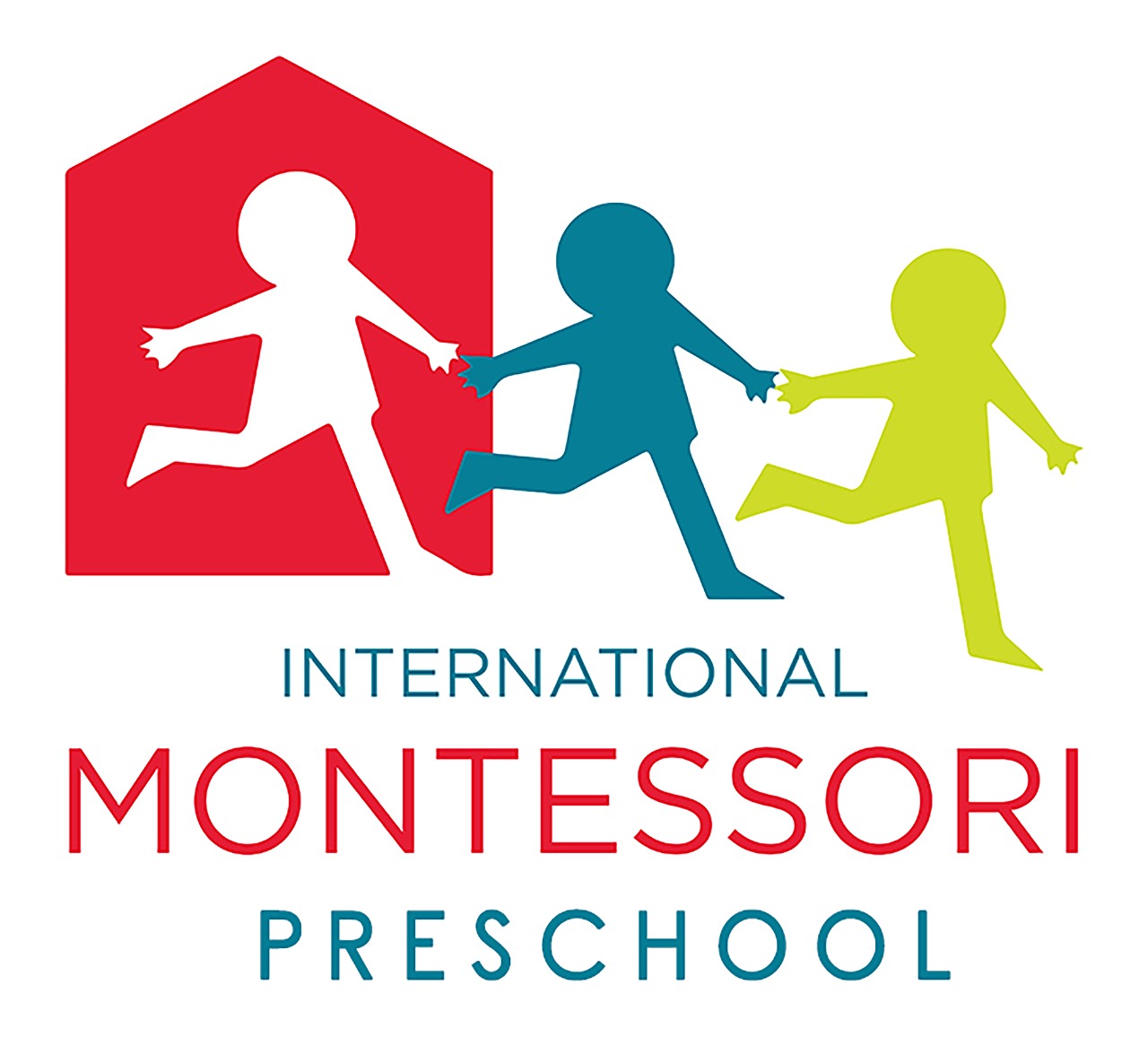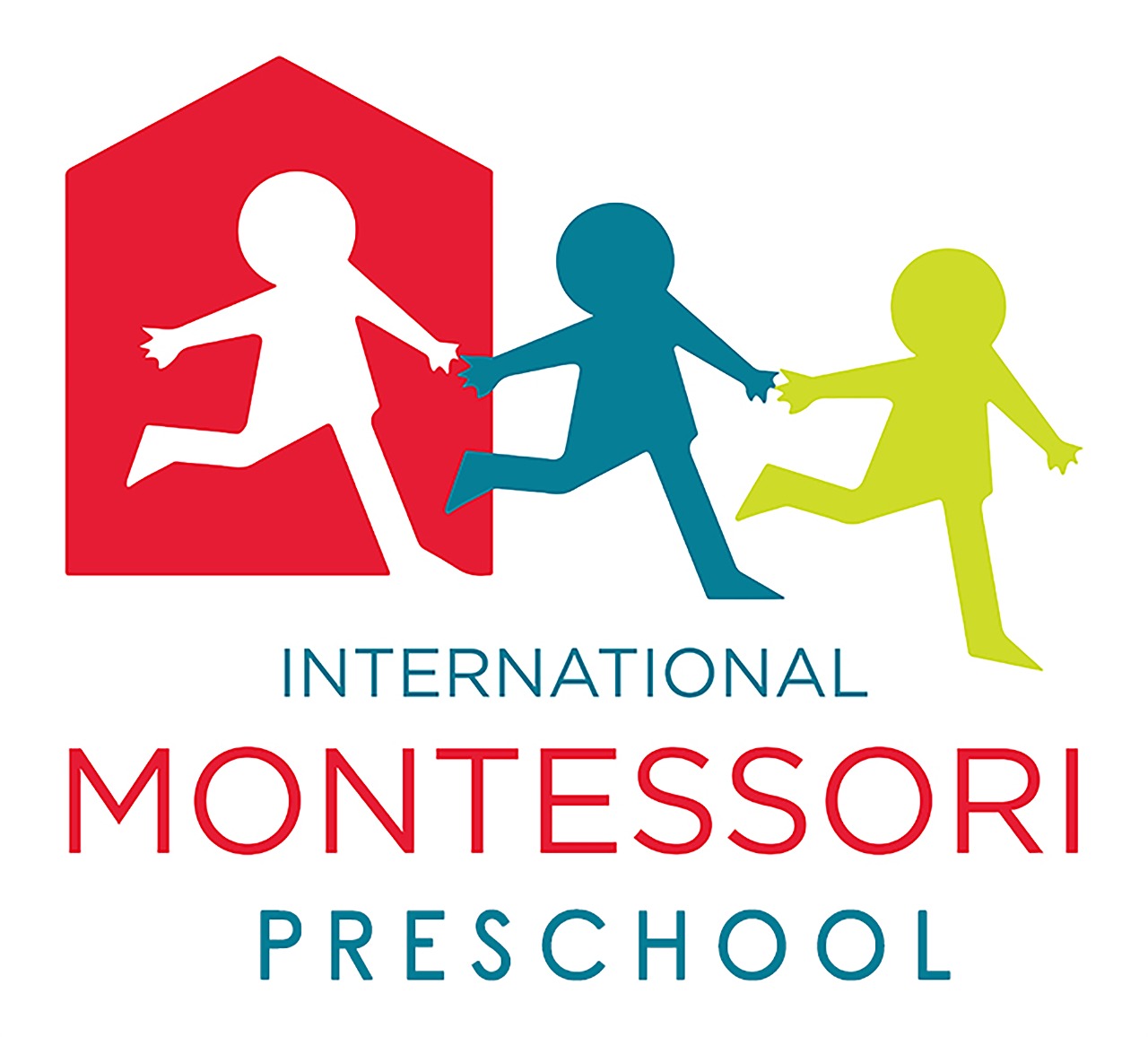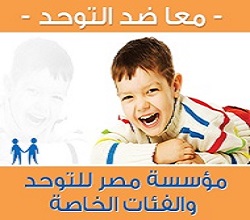
Dealing with Child Anger
Clinical psychologist Shreeta Raja gives advice on how to help your child deal with their anger in a positive way.
Anger is a normal and useful emotion. It can tell children that things are not fair or right. But watch out for children's behaviour becoming out of control or aggressive because of anger.
Don’t be afraid to explore the causes of angry emotions.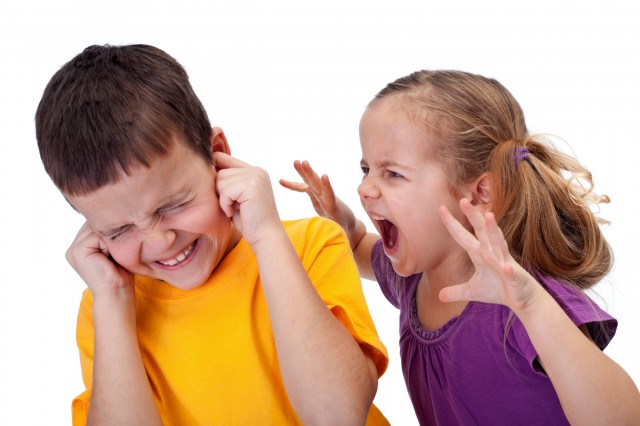
Helping your child learn to deal with anger healthily has many benefits. In the short term it stops anger from causing your child and your family distress. In the longer term, it helps them learn to solve problems and cope with emotions.
Don’t Judge Children for Their Anger
Team up with your child to help them deal with their anger. This way, you let your child know that the anger is the problem, not them.
With younger children this can be fun and creative. Give anger a name and try drawing it. For example, anger can be a volcano that eventually explodes.
How you respond to anger can influence how your child responds to anger. Making it something you do together can help you both.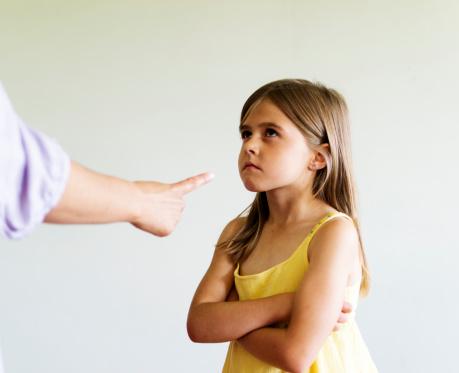
Find the Anger Triggers
Work together to try to find out what triggers the anger. You'll learn to recognise the early warning signs that anger is starting to rise.
Talk together about strategies you and your child can use against anger. You could encourage your child to count to 10 or walk away from the situation.
When you see the early warning signs, give your child a gentle reminder that anger may be trying to sneak up. This gives them the chance to try their strategies.
Have a Specific Goal
Have an agreed goal to work towards, with a way of recognising what you’re achieving together. You could have a star chart on the wall and reward your child with stickers for keeping anger away for a whole hour, then gradually move to half a day, then a day and so on.
Praise your Child
Positive feedback is important. Praise your child’s efforts and your own efforts, no matter how small. This will build your child’s confidence in the battle against anger. It will also help them feel that you're both learning together.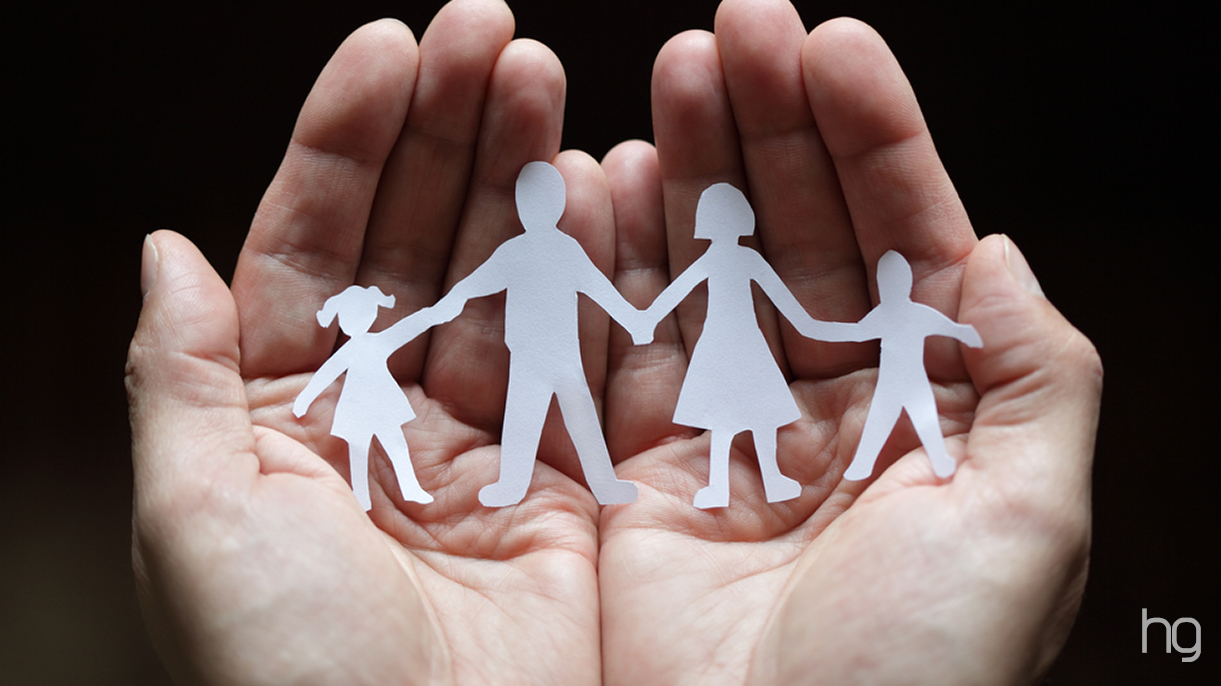
The more time you spend on praising their efforts, the less time there is for punishment for failing.
How to Recognise Anger in Children
Changes in your child’s thoughts and feelings will lead to changes in their body language and their behaviour. These could include:
- clenched fists
- tightness or tenseness in their body
- verbal outbursts
- a particular facial expression
- hitting out
When anger takes over, it can come in different forms, from a verbal outburst to being physically aggressive and causing damage to furniture.
Anger can sometimes make children act in a way that's harmful to themselves or others. For example, punching walls or hitting out. Try to make the surrounding environment as safe as possible if this happens.
If you’re concerned that anger is taking over your child and your family, don’t hesitate to talk to a GP, health visitor, school nurse or psychologist.



